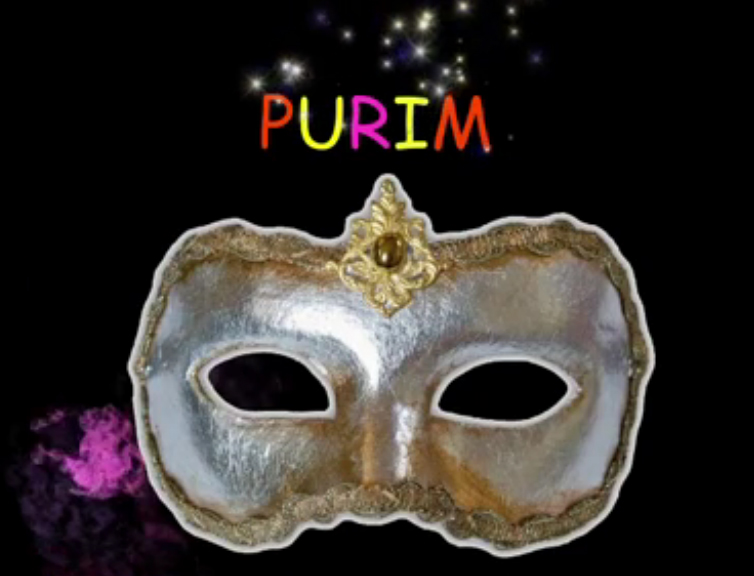Dvar Torah for Purim
Based on Likutey Moharan II, Lesson #74
“Because initially all beginnings were from Pesach. That is why all the mitzvahs are a reminder of the Exodus from Egypt. But now….” (And [Rebbe Nachman] did not conclude.)
Rebbe Nachman did not conclude, so we must begin. Exactly what the Rebbe was implying, perhaps only Reb Noson could say. Even the Parparaot LeChokhmah, Rabbi Nachman Goldstein (d.1894), writing on this lesson, gives no certitude. “Who am I to understand [the Rebbe’s] sacred allusions? Nonetheless I said [to myself], ‘No matter what. And if I make a mistake, God will forgive me.’”
A Pesach beginning, the way it used to be (and sometimes still is), is God-started, an “Upper Awakening” or an “Arousal from Above.” You’re stuck in your slavery, in your Egypt, you don’t know any better. So God sends a Moshe to save you and all the Israelites. Moshe gets orders from God, goes to Pharaoh, performs miracles. You? You watch and absorb, trying to figure out what’s going on. On the eve of the last plague, you’re told to do something, but not too much. The most time consuming job you have is packing for your move to the Holy Land. You leave knowing you ain’t never coming back!
Now, let’s look at Purim. It’s a “Lower Awakening,” an “Arousal from Below.” You’re in exile again, true, but you know what a Jew is; as a Jew you’re not as respected as you were when the Temple stood, true; but, then again, even the Persian kings treat Jews with some deference because theirs is a powerful God. You’re just plain Joe Persian-Jew and then one fine spring day, two days before Pesach—boom!—you and your fellow Jews find out that a death sentence has just been decreed upon you.
So, when Mordekhai says bring your family and gather with your fellow Jews for a 72-hour fast, you do it. You pray with a new appreciation for prayer. You study Torah with a new appreciation for Torah. Whatever Mordekhai says to do, you do, even not eating matzah at the Pesach Seder you don’t make because you’re fasting! Then three days later—presto!—you’re saved! Haman the villain is dead, swinging from the gallows!
Eleven months later, when the 13th of Adar rolls around, you do to your enemies what they had wanted to do to you, but you leave their wealth for Achashveirosh, the king. You celebrate the next day. After that, it’s back to normal life. You’re still stuck in Persia and Achashveirosh is still king.
Whatever else he may have meant, Rebbe Nachman was certainly implying that now all beginnings, even Pesach, are from Purim. If you want to be a Jew, you can’t sit back and let a Moshe do all the heavy lifting. You may live in Persia, but you have to realize, on your own, that you’re not a Persian. The Egyptian exile was when we were young and ignorant, and couldn’t do anything to save ourselves. We were older and wiser, and more capable in Persia. In Egypt, the exile and exodus took years and years. In Persia, impending doom and salvation occurred in just a few days.
In Egypt, we were given time to absorb events so that we might do teshuvah (return to God). “But now…” NOW! Our teshuvah needs to be swift and unhesitating, immediate, where we are, this very moment.
agutn Shabbos!
Shabbat Shalom!
© Copyright 2011 Breslov Research Institute

